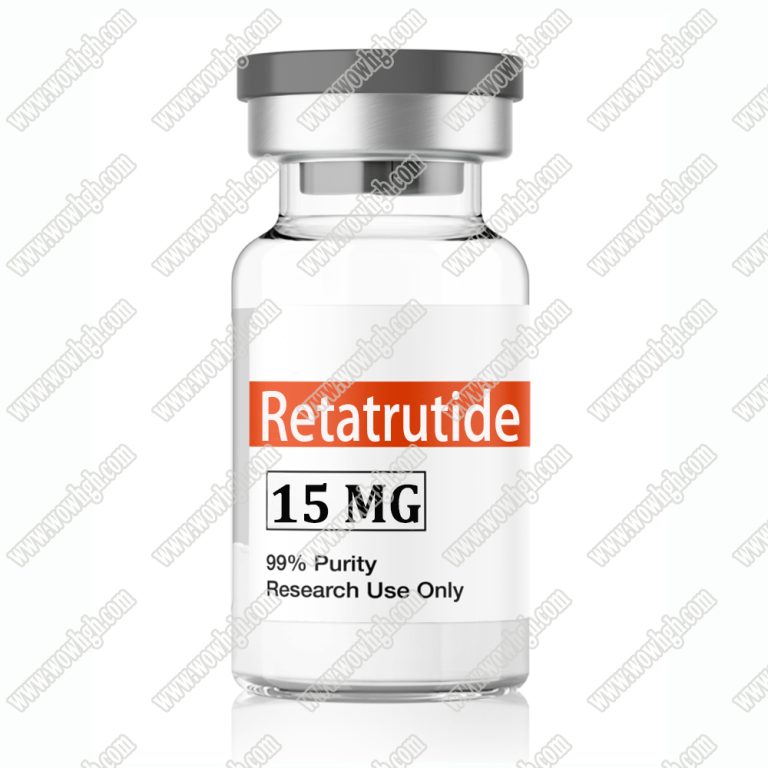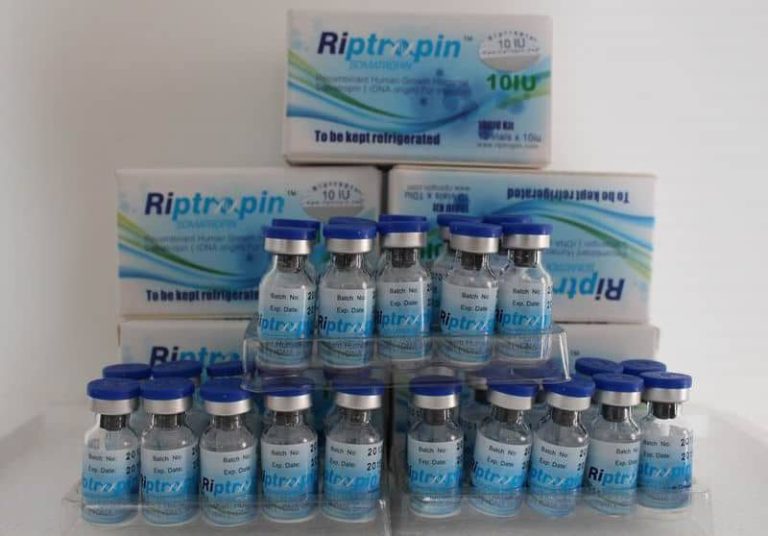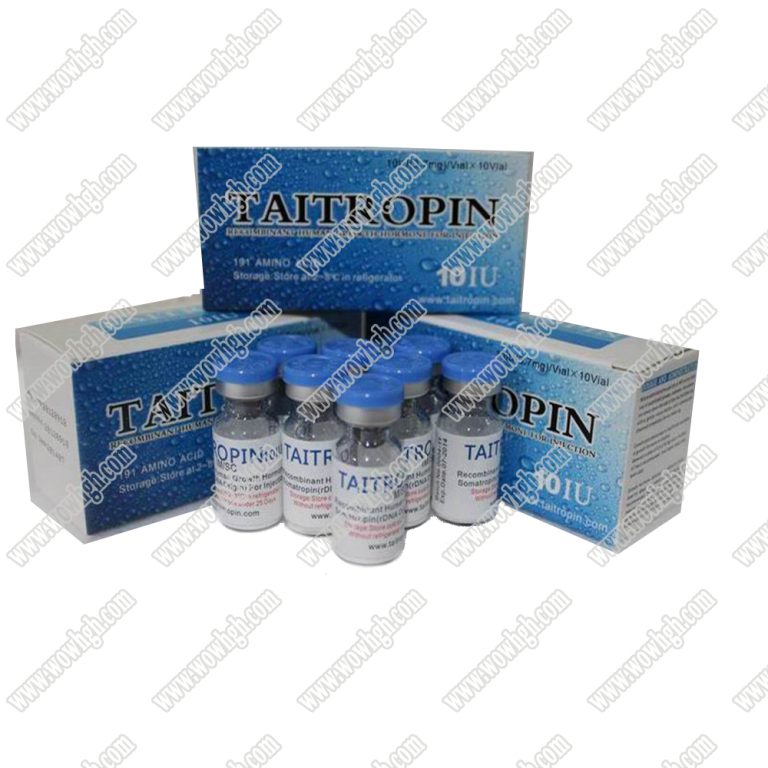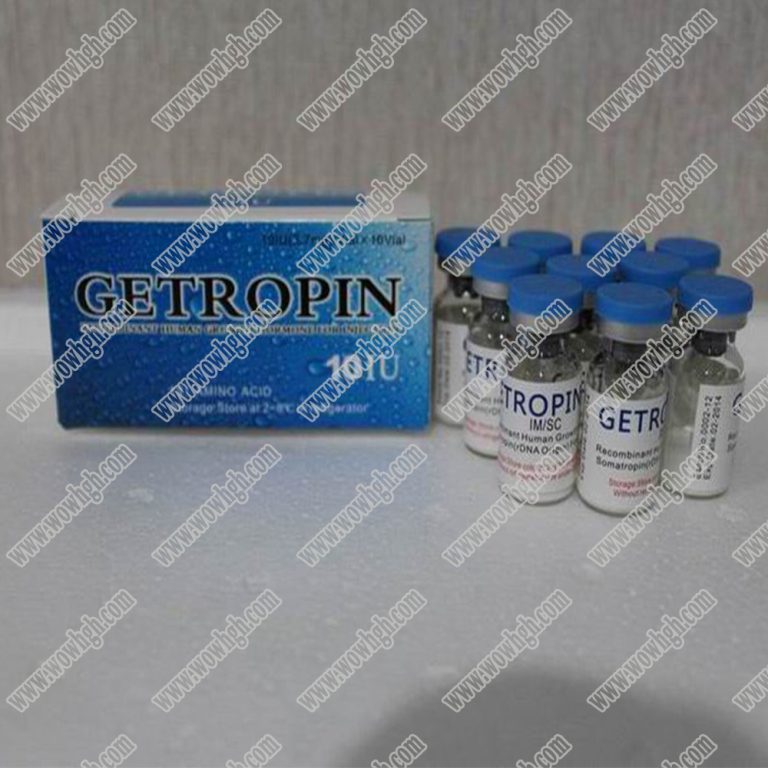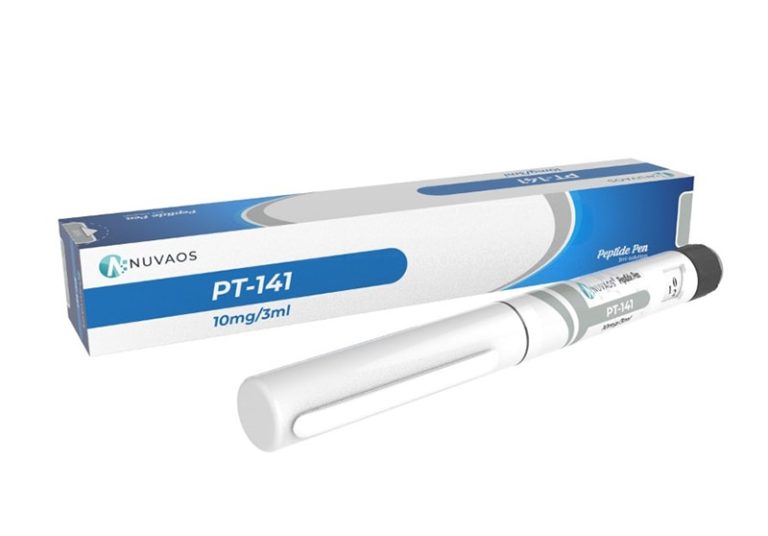HCG injections (human chorionic gonadotropin) are a hormone that can increase a person’s chances of pregnancy, helps produce testosterone and sperm, and treats a condition that affects the testes called cryptorchidism.
What is this medication?
HCG injections (human chorionic gonadotropin) is a hormone used in boys (before puberty) to cause the normal dropping of the testicles into the scrotum. It is also used in certain boys to help with normal sexual development. It works by causing the testes to release male sex hormones (such as testosterone).This medication is also used in women to treat fertility problems. It is given after finishing another medication (menotropins) to cause the release of an egg (ovulation). It should not be used in women whose ovaries no longer make eggs properly (primary ovarian failure).This medication has not been shown to be effective for weight loss and should not be used for this purpose due to risk of serious side effects.
How should I use HCG?
Use HCG exactly as prescribed by your doctor. Do not use it in larger amounts or for longer than recommended. Follow the directions on your prescription label.
HCG is given as an injection under the skin or into a muscle. Your doctor, nurse, or other healthcare provider will give you this injection. You may be shown how to inject your medicine at home. Do not self-inject this medicine if you do not fully understand how to give the injection and properly dispose of used needles and syringes.
Use each disposable needle only one time. Throw away used needles in a puncture-proof container (ask your pharmacist where you can get one and how to dispose of it). Keep this container out of the reach of children and pets.
To be sure HCG is helping your condition, your doctor will need to check you on a regular basis. Do not miss any scheduled appointments.
Some brands of HCG come in powder form with a separate liquid that you must mix together and draw into a syringe. Other brands are provided in single-dose prefilled syringes.
Do not use the medication if it has changed colors or the liquid has any particles in it. Call your doctor for a new prescription. Store unmixed HCG at room temperature away from light, moisture, and heat. After mixing the HCG, you must keep it in the refrigerator until you are ready for your injection. Throw away any mixed medicine that you have not used within 30 days after mixing.
What side effects may I notice from receiving this medication?
Headache, restlessness, tiredness, or pain at injection site may occur. If any of these effects last or get worse, tell your doctor or pharmacist promptly.
Remember that this medication has been prescribed because your doctor has judged that the benefit to you is greater than the risk of side effects. Many people using this medication do not have serious side effects.
Tell your doctor right away if you have any serious side effects, including: swelling of the hands/ankles/feet, mental/mood changes (such as depression, irritability), signs of early puberty in boys (such as facial/pubic hair, voice change, acne), pain/swelling of the breast (in boys), unusual vaginal bleeding (women).
This medication may cause a condition known as ovarian hyperstimulation syndrome (OHSS). This condition may occur during or after treatment. Rarely, serious OHSS causes fluid to suddenly build up in the stomach, chest, and heart area. Get medical help right away if you develop the following side effects: severe pain or swelling in the lower abdominal (pelvic) area, severe nausea/vomiting, sudden/rapid weight gain, or decreased urination.
Get medical help right away if you have any very serious side effects, including: chest/jaw/left arm pain, sudden severe headache, confusion, weakness on one side of the body, trouble speaking, sudden vision changes, pain/redness/swelling in the legs.
A very serious allergic reaction to this drug is rare. However, get medical help right away if you notice any symptoms of a serious allergic reaction, including: rash, itching/swelling (especially of the face/tongue/throat), severe dizziness, trouble breathing.
This is not a complete list of possible side effects. If you notice other effects not listed above, contact your doctor or pharmacist.
Precautions
Before using this medication, tell your doctor or pharmacist if you are allergic to it; or if you have any other allergies. This product may contain inactive ingredients, which can cause allergic reactions or other problems. Talk to your pharmacist for more details.
Before using this medication, tell your doctor or pharmacist your medical history, especially of: early puberty (in boys), blood clots, heart disease (such as chest pain, heart attack), high blood pressure, kidney disease, liver disease, lung problems (such as asthma), migraine, seizure disorder, stroke, unusual vaginal bleeding, problems of the uterus, unexplained ovarian cyst/enlargement, certain type of fertility problem (primary ovarian failure), thyroid problem, adrenal gland problem, cancer of the reproductive organs (breast, uterus, ovary, prostate), brain tumor.
This medication should not be used during pregnancy. If you become pregnant or think you may be pregnant, tell your doctor right away.
When this medication is used in women to treat infertility, it may cause multiple births (such as twins, triplets).
It is unknown if this drug passes into breast milk. Consult your doctor before breastfeeding.
Interactions
Drug interactions may change how your medications work or increase your risk for serious side effects. This document does not contain all possible drug interactions. Keep a list of all the products you use (including prescription/nonprescription drugs and herbal products) and share it with your doctor and pharmacist. Do not start, stop, or change the dosage of any medicines without your doctor’s approval.
A product that may interact with this drug is: gonadorelin.
This medication may interfere with certain lab tests (including luteinizing hormone-LH/follicle stimulating hormone-FSH levels), possibly causing false test results. Make sure lab personnel and all your doctors know you use this drug.
Warnings
HCG is given as an injection under the skin or into a muscle. If you use HCG at home, your doctor, nurse, or pharmacist will give you specific instructions on how and where to inject this medicine. Do not self-inject HCG if you do not fully understand how to give the injection and properly dispose of used needles and syringes.
HCG can place you at higher risk for a blood clot. Call your doctor at once if you have any of these signs of a blood clot: pain, warmth, redness, numbness, or tingling in your arm or leg; confusion, extreme dizziness, or severe headache.
Some women using this medicine have developed a condition called ovarian hyperstimulation syndrome (OHSS), especially after the first treatment cycle. OHSS can be a life-threatening condition. Call your doctor right away if you have any symptoms of OHSS: severe pelvic pain, swelling of the hands or legs, stomach pain and swelling, shortness of breath, weight gain, diarrhea, nausea or vomiting, or if you are urinating less than normal.
HCG can cause early puberty in young boys. Call your doctor if a boy using this medicine shows early signs of puberty, such as a deepened voice, pubic hair growth, and increased acne or sweating.
Using HCG can increase your chances of having a multiple pregnancy (twins, triplets, quadruplets, etc). A multiple pregnancy is a high-risk pregnancy for the mother and for the babies. Follow your doctor’s instructions about any special care you may need during your pregnancy.
Although HCG can help you become pregnant, it should not be used during pregnancy. Tell your doctor right away if you become pregnant during treatment.
HCG has no known effect on appetite, hunger, fat loss, or fat distribution. It is not approved by the FDA as a weight loss medication or for the treatment of obesity.
Before using HCG
You should not use this medication if you have ever had an allergic reaction to HCG, or if you have:
- early puberty (also called precocious puberty);
- a hormone-related cancer (such as prostate cancer);
- cancer or a tumor of the breast, ovary, or uterus;
- certain types of ovarian cysts;
- uncontrolled thyroid or adrenal dysfunction;
- a cancer or tumor of the hypothalamus or pituitary gland in the brain;
- vaginal bleeding without a known cause; or
- if you are currently pregnant.
Before receiving HCG tell your doctor if you are allergic to any drugs or if you have:
- a thyroid or adrenal gland disorder;
- an ovarian cyst;
- unexplained vaginal bleeding;
- heart disease;
- kidney disease;
- epilepsy;
- migraines; or
- asthma.
If you have any of these conditions, you may need a dose adjustment or special tests to safely use HCG.
Although HCG can help you become pregnant, you should not use HCG if you are pregnant. Tell your doctor right away if you become pregnant during treatment. It is not known whether HCG passes into breast milk. Tell your doctor if you are breast-feeding a baby before using HCG.
What happens if I miss a dose?
Contact your doctor if you miss a dose of HCG.
What happens if I overdose?
Seek emergency medical attention if you think you have used too much of this medicine. An overdose of HCG is not expected to produce life-threatening symptoms.
What should I avoid?
Follow your doctor’s instructions about any restrictions on food, beverages, or activity while you are using HCG.
Storage
Store the vials of powder at room temperature away from light and moisture. Store the mixed medication in the refrigerator. Depending on your product, discard the unused mixed medication after 1 to 2 months. Check the product package for the storage time for your product. Keep all medications away from children and pets.
Do not flush medications down the toilet or pour them into a drain unless instructed to do so. Properly discard this product when it is expired or no longer needed. Consult your pharmacist or local waste disposal company.
HCG and Weight Loss
Take a “natural” hormone the body makes during pregnancy — and lose a lot of weight? That’s the promise that’s turned the hCG Diet — named after that hormone — into a craze that just won’t quit. If you also go on an ultra-low-calorie diet, backers claim, hCG can “reset your metabolism” so you lose as much as a pound a day without feeling hungry or weak.
Here’s what the science says: Any super-low-cal diet will result in weight loss. Most studies have found that hCG (stands for human chorionic gonadotropin) has nothing to do with it.
The hCG diet limits you to 500 calories a day for 8 weeks while taking hCG, either by getting a shot or by taking a “homeopathic” product, such as oral drops, pellets, or sprays, which you can buy at the store.
None of this is approved by the FDA for weight loss. The shots themselves are legal, as long as a health care provider gives them to you. (They’re approved to treat fertility issues.) But over-the-counter hCG products are not. The FDA has sent warning letters to several companies that market homeopathic hCG products.

